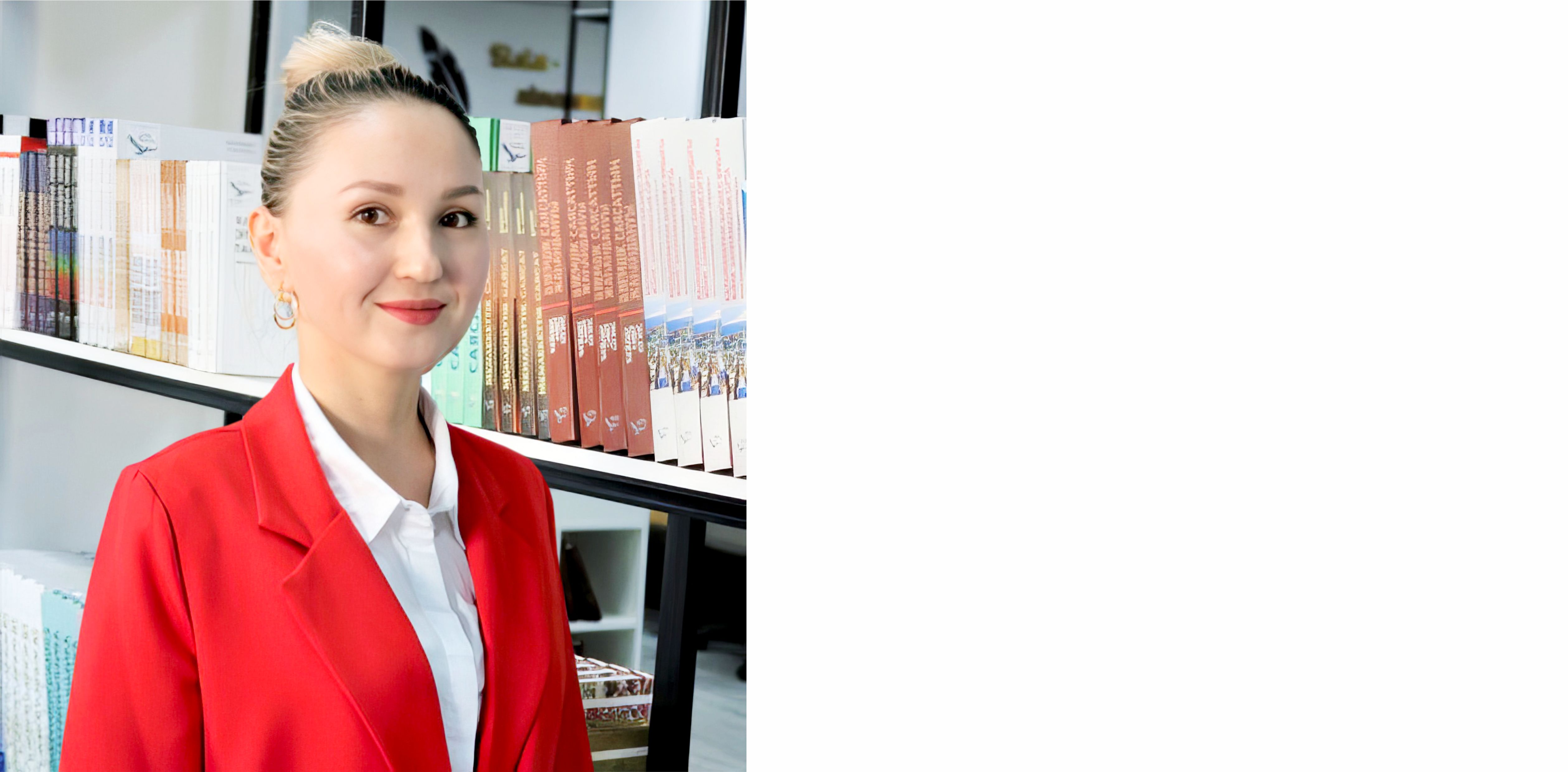Published:
Zhanna Iztilieuova is a young scientist and a lecturer at Korkyt Ata Kyzylorda University. She holds a Master’s degree in Humanities and completed an internship in the UK as part of the «500 visiting scholars» project. She studies international experience and implements new methods in the educational process.
During the 3-month internship at the University of Warwick in the UK, I not only engaged in research but also familiarized myself with the specifics of the academic educational process. This visit allowed me to gain experience in both scientific and academic fields. We mastered the technology of teaching English in higher education institutions, using methods like EMI, STEM, and CLIL. Since I teach future translators at the university, I notice that they often use electronic text translation tools and AI applications like ChatGPT during classes. Therefore, my first overseas research focused on the correct use of translation devices during practice. «Faith» in artificial intelligence for translation reduces students' critical thinking, leading to their inability to fully express their opinions and the inability to produce artistic translations in literary language. In this project, we explored ways to find word equivalents and convey ideas that match the meaning of the text, beyond precise translation. My second research was dedicated to multilingualism. In this area, I studied the principles and methods that teachers should follow. The scientific work during the internship was highly appreciated by the professors and received good grades. This trip provided the opportunity to thoroughly familiarize myself with the scientific resources of a foreign educational institution and use the literature available in the library. The professors emphasized that «research should be conducted according to European standards». Because to publish an article in a high-ranking journal, your material must meet European standards. Although our country is part of the Bologna Process, the Soviet system still has influence. Therefore, the professors' advice on choosing and writing a topic was very useful. I noticed that we prioritize innovative methods and modernization topics. Abroad, however, they focus on simple topics and conduct research in the small classes they teach. Scientific projects are so relevant, simple, and real. Since you encounter similar situations during teaching, you can discuss your scientific research by saying, «I had a similar experience». Instead of taking responsibility for researching unfamiliar topics, it seems better to study situations arising in the daily teaching process and consider effective teaching technologies. I liked the straightforward, simple, and honest scientific research of the British.

Two to three years ago, I dreamed of enrolling at the University of Glasgow in Scotland and even established contacts with professors there. However, the program schedule didn’t fit my needs, so I ended up in England. The University of Warwick has high global rankings. Among them, the Department of Applied Linguistics, where I studied, is renowned for its strong professors and cutting-edge research.
The adequacy of the time available depends on the chosen field. For instance, there are researchers who have completed internships over the span of a year. We exchanged experiences within 3 months since it is a humanities field. However, for natural scientists who conduct experiments in the lab and await results over several months, years may be required.

Yes, this project was one of the best in the competition. Until now, our country did not have a psychopedagogical terms dictionary for educational use. I was the first to develop a collection in three languages. This work will undoubtedly be a significant support for foreign language teachers. My dissertation and research focus on multilingualism. Migrants and international students often come to European countries, where they adapt to a multilingual system. Therefore, I aim for our students to learn multiple languages by the time they reach a level where they can choose their language of instruction during classes.
Many believe that teaching a child a foreign language from an early age leads to «muteness». However, multilingualism from childhood contributes to intellectual and memory development. Parents should establish a strong connection with their child and prevent them from viewing meaningless content on phones and accessing information from unknown sites. It is also true that unsupervised internet use can negatively impact a child's mental health. Previously, it was said that English should be taught from the 1st grade, but now students begin learning foreign languages only from the 3rd grade. Teaching the «Alphabet» and «Native Language» in grades 1-2, and introducing other languages from the 3rd grade, is a very reasonable approach.
Interviewed by Aydana Jumadina
Newspaper "Akmeshit Zhastary"